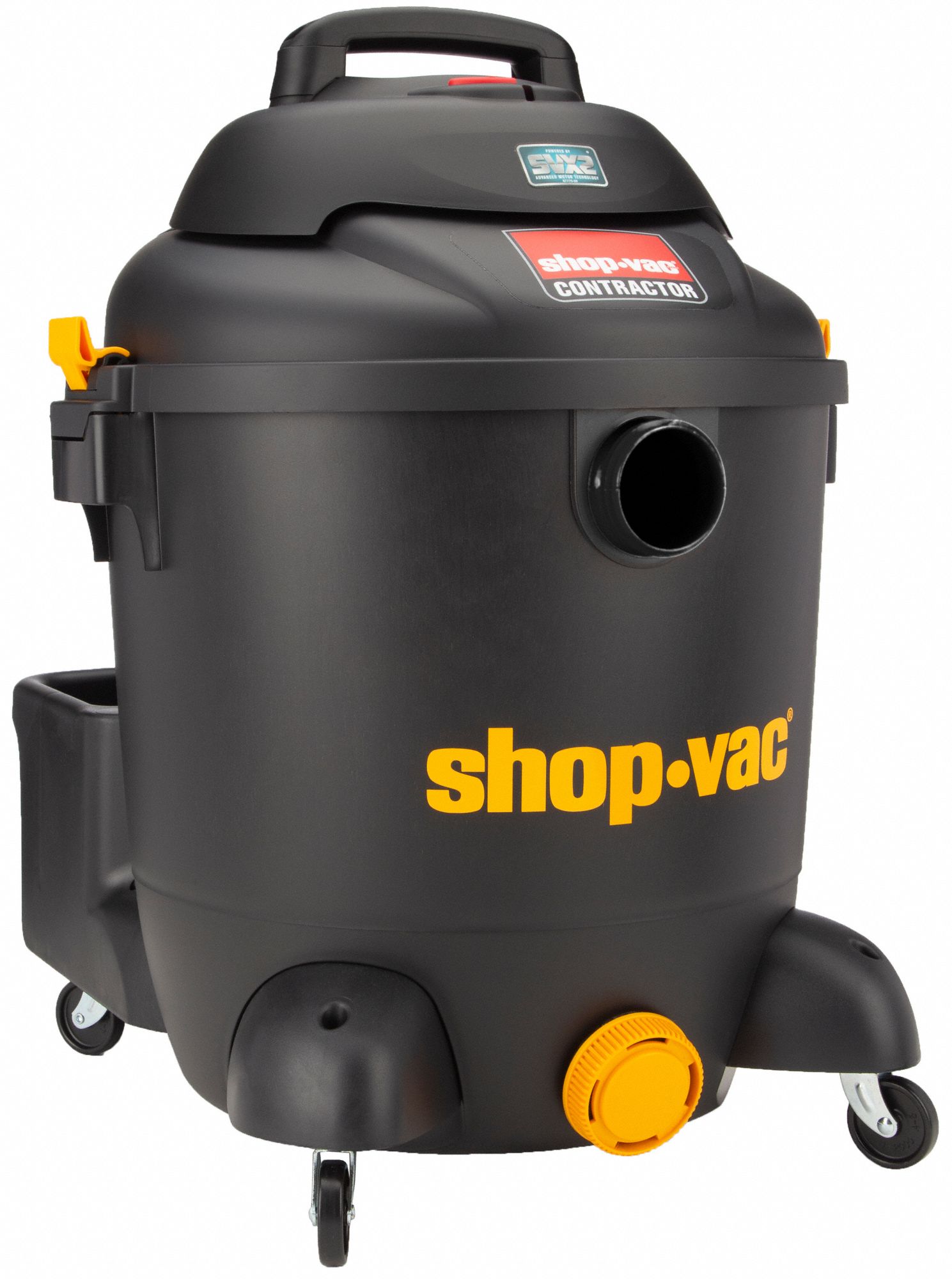Unveiling the Secrets of the Vacuum Air Flow Meter

Ever wondered how your car's engine knows exactly how much fuel to guzzle? It's not magic, it's a clever little device called the vacuum air flow meter, or VAFM. This unsung hero of the internal combustion engine plays a pivotal role in maintaining optimal performance and fuel efficiency. Without it, your engine would be stumbling around like a lost tourist in a foreign city. So buckle up, because we're about to take a deep dive into the fascinating world of the VAFM.
The vacuum air flow meter, sometimes referred to as a mass air flow meter (MAF) in specific designs, is essentially the engine's primary informant. It measures the volume or mass of air entering the engine and relays that crucial data to the engine control unit (ECU). This information allows the ECU to calculate the precise amount of fuel needed for combustion, ensuring a smooth, efficient burn. Imagine trying to bake a cake without knowing how much flour to use – a similar disaster would unfold within your engine without the VAFM.
The historical origins of the VAFM can be traced back to the early days of fuel injection, when engineers sought a more precise way to manage fuel delivery. Early carburetors were relatively crude, relying on mechanical linkages and fixed jets. The introduction of the VAFM marked a significant leap forward, enabling a dynamic and responsive fuel control system. This innovation contributed to improved fuel efficiency, reduced emissions, and enhanced engine performance.
The importance of a properly functioning air flow meter cannot be overstated. A faulty VAFM can lead to a cascade of problems, ranging from rough idling and poor acceleration to increased fuel consumption and even engine stalling. Common issues include contamination of the sensing element, wiring problems, or failure of the sensor itself. Diagnosing and addressing these issues promptly is crucial to maintaining the health of your engine.
Different types of air flow meters exist, including vane meters, Karman vortex meters, and hot wire meters. The hot wire meter is the most prevalent in modern vehicles. It uses a heated wire element to measure air flow. As air passes over the wire, it cools the wire down, changing its resistance. The ECU interprets this change in resistance as a measure of the air flow. Think of it like sticking your hand out the car window – the faster you go, the colder your hand feels. The same principle applies, albeit with a much more sophisticated and precise measurement system.
Three key benefits of a well-functioning vacuum air flow meter are improved fuel economy, enhanced engine performance, and reduced emissions. By ensuring the correct air-fuel mixture, the VAFM optimizes combustion, leading to more efficient use of fuel and a reduction in harmful exhaust gases. A healthy VAFM contributes to a smoother running engine, better acceleration, and overall improved drivability.
Troubleshooting a suspected VAFM issue often involves checking for vacuum leaks, inspecting the wiring harness for damage, and cleaning or replacing the sensor itself. Specialized diagnostic tools can also be used to read error codes and pinpoint the problem.
Advantages and Disadvantages of Vacuum Air Flow Meters
| Advantages | Disadvantages |
|---|---|
| Improved Fuel Economy | Can be sensitive to contamination |
| Enhanced Engine Performance | Can be expensive to replace |
| Reduced Emissions | Subject to wear and tear |
Best practices for maintaining your VAFM include regularly checking for vacuum leaks, keeping the air filter clean, and avoiding the use of harsh chemicals near the sensor.
Frequently Asked Questions:
1. What is a VAFM? (Answered above)
2. How does a VAFM work? (Answered above)
3. What are the symptoms of a faulty VAFM? (Answered above)
4. How do I test a VAFM? (Consult a repair manual or professional)
5. How do I clean a VAFM? (Consult a repair manual or professional)
6. Can I replace a VAFM myself? (Consult a repair manual or professional)
7. How much does a VAFM cost? (Varies depending on the make and model of the vehicle)
8. How long does a VAFM last? (Varies depending on usage and maintenance)
In conclusion, the vacuum air flow meter, often overlooked, is a vital component of modern engines. Its role in optimizing fuel delivery and ensuring smooth engine operation is crucial for fuel efficiency, performance, and reduced emissions. Understanding its function and maintaining it properly contributes significantly to the longevity and health of your vehicle. By taking proactive steps to monitor and maintain your VAFM, you can ensure optimal engine performance, fuel economy, and a cleaner environment. So, next time you hit the road, remember the unsung hero under the hood working diligently to keep your engine purring like a contented kitten. Taking care of your VAFM is an investment in the health and longevity of your vehicle, paying dividends in both performance and peace of mind. Don't neglect this critical component – it's the key to a happy and healthy engine.
Decoding the chevy express 2500 weight capacity and its impact
The rise of battle axe pixel art a retro weapons digital renaissance
Navigating medicare supplemental e insurance













